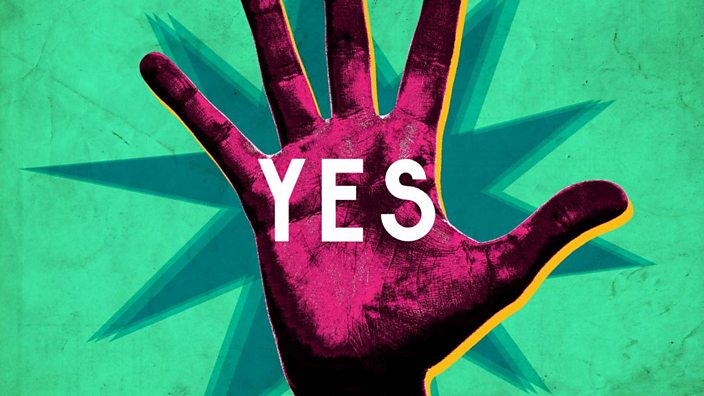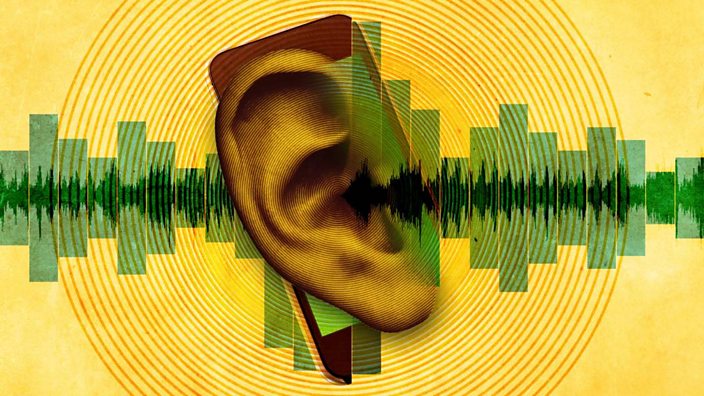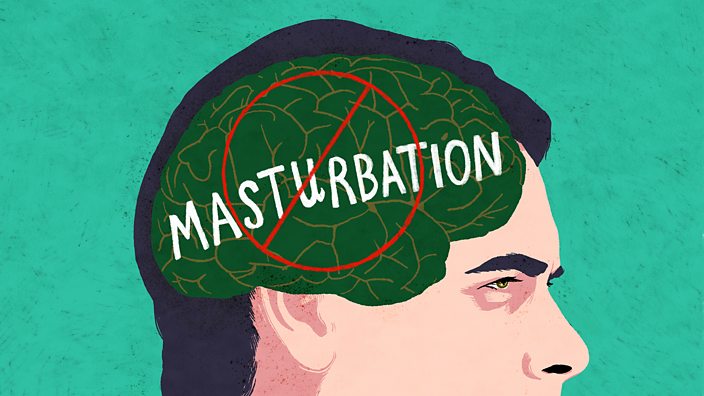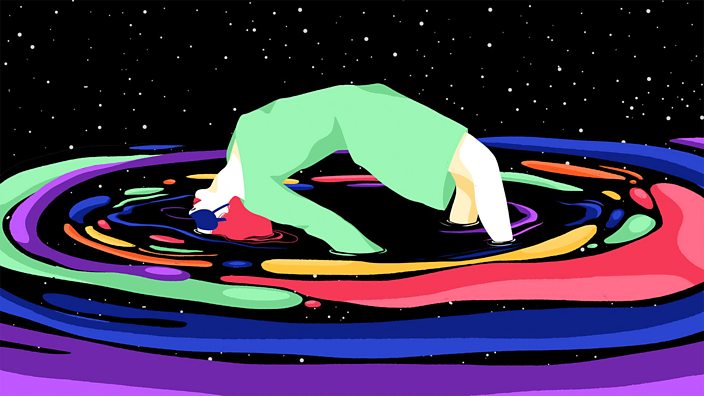Ah that fickle mistress, rejection. We’ve all suffered at her cold hand in some way, whether it’s not getting picked for the job, not making the cut in your relationship or getting only two likes on that carefully filtered profile pic (always Mayfair, never Kelvin).
For me, it’s probably more a case of all of the above.
But I’ve been asking around, and apparently all that rejection might actually be a good thing. And don’t just take it from me.
Anna Wintour famously advised that “everyone should get sacked at least once,” crediting her abrupt removal as a fashion assistant with giving her the drive to eventually dominate the fashion world.
Steve Jobs echoed that sentiment in his account of getting fired from Apple, calling it, “the best thing that could have ever happened to me”.
From JK Rowling to Richard Branson to Oprah Winfrey, all managed to use rejection as a stepping stone to success (and incidentally, serious amounts of cash). If you can get it right, a bit of healthy rejection will help build up your resilience, teach you how to bounce back and act as a solid barometer of how much you’re truly pushing yourself. You go, Glen Coco.
So how does one stop eating ice cream under the duvet and sobbing to Death Cab For Cutie, and start channelling rejection into something slightly more positive?
I spoke to the combined brains of occupational psychologist Kirsten Godfrey, psychotherapist Myra Eadie, as well as Guy Winch, author of Emotional First Aid: Healing Rejection, Guilt, Failure, And Other Everyday Hurts, as well as psychologist Harriet Lerner, author of Why Won't You Apologise? Healing Big Betrayals And Everyday Hurts, to get their thoughts.
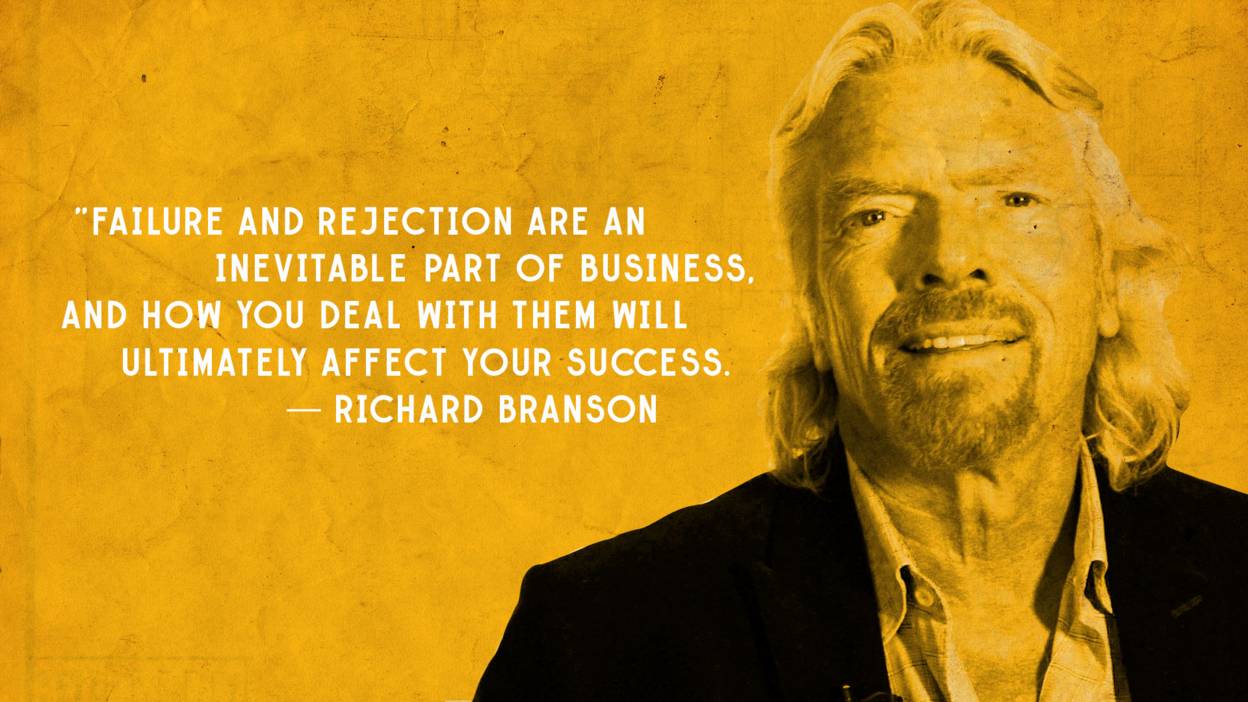 Getty Images/ BBC Three
Getty Images/ BBC Three
Don’t kick yourself when you’re down
Rejection is actually programmed to hurt, triggering the same areas of our brain that are activated when we experience physical pain.
Yet as Guy Winch explains, we have a tendency to self-inflict far greater damage, becoming intensely critical of ourselves in the aftermath. Listing all our faults or endlessly beating ourselves up over what went wrong is common practice, and can be really psychologically destructive.
So take a zero tolerance approach to self-criticism – and give yourself some love.
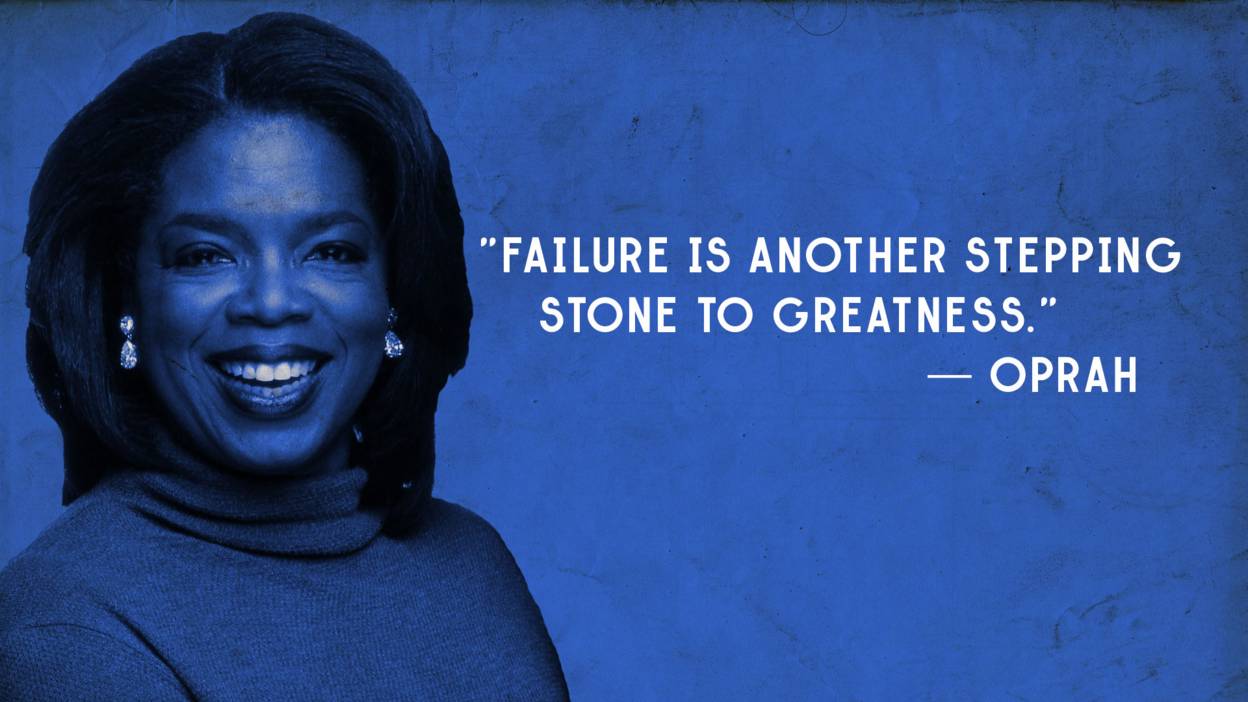 BBC Three/BBC Three
BBC Three/BBC Three
Don’t take it personally
Granted, that’s easier said than done. Particularly in a break up, or my personal favourite form of rejection, the flat mate interview. Which literally comes down to no other variable other than your personality. Burn.
But as Guy points out, “Most rejections, whether romantic, professional, and even social, are due to fit and circumstance.” Plus, there are plenty more flatmates in sea.
Kirsten Godfrey suggests avoid generalising rejection into something massive and all-consuming. Concluding that “everything is wrong with me," or “I’ll never find anyone, ever” after one mediocre date is pointlessly treating yourself as a punch bag.
“Figure out what is in your control to change. And if you can’t change it – don’t worry about it. Move on. If someone broke up with you because they’re 7ft tall and want a taller girlfriend to match… then so be it.”
Don’t be afraid to fail
When Sara Blakely (self-made billionaire and creator of ‘Spanx’) was growing up, her father repeatedly asked her the same question over dinner.
“What have you failed at this week?”
As Sara recalls, her dad continually encouraged her and her brother to fail – because it is much better to try and fail than not to try at all. In time, as she herself puts it, "failure to me became not trying versus not succeeding."
As psychologist Harriet Lerner points out, “The only sure way to avoid rejection is to sit mute in a corner and take no risks. If we choose to live courageously, we will experience rejection—and survive to show up for more.”
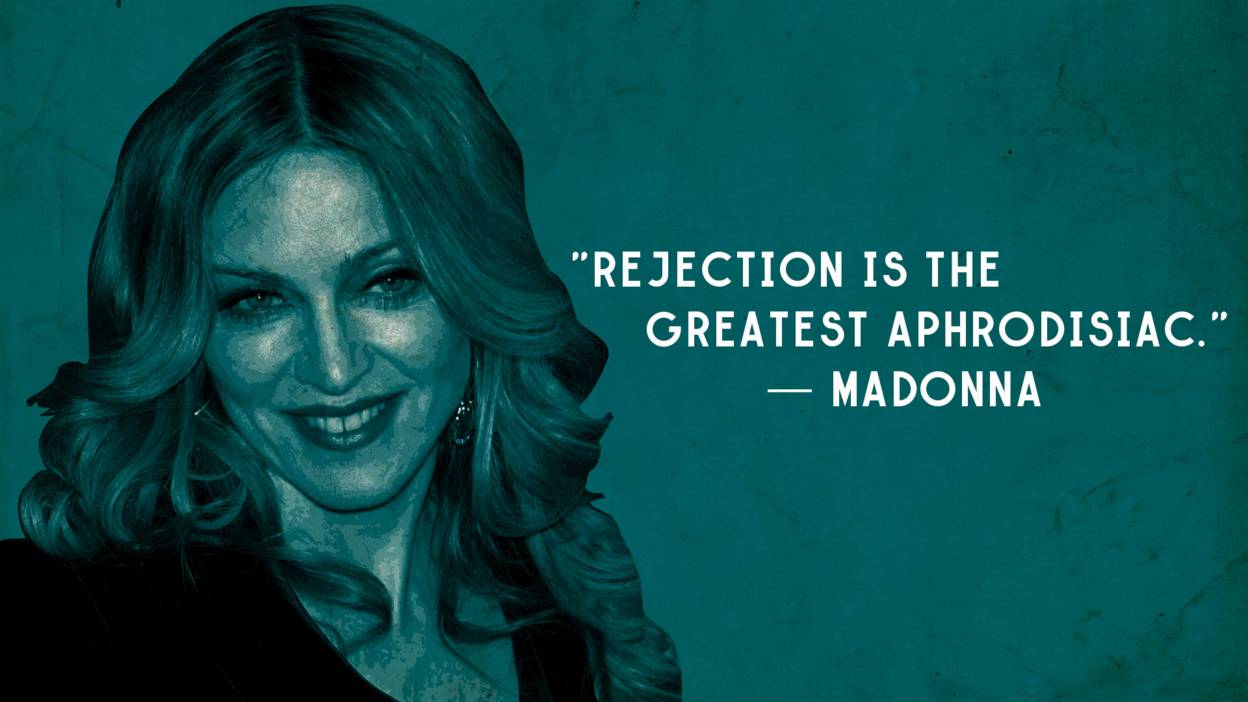 Getty Images/BBC Three
Getty Images/BBC Three
Accept that rejection is a natural part of life
And it always has been, even before people started swiping left.
In today’s socially savvy world of perfect, celebratory posts and grams, it might not seem like people are experiencing the kind of rejection you are. But they are. They just don’t share it. As Myra explains, “This ‘forced positivity’ is dangerous, because it can stop us talking openly about our own feelings and experiences.”
Equally, as Harriet stresses, don’t let the fear of rejection stop you living your life fully.
“This applies not just to asking someone for a date, but also making sales calls, trying to get an article published, or approaching new people at a party. You may need to accumulate rejections to understand that they are not the primal threat to your self worth that you imagine them to be.”
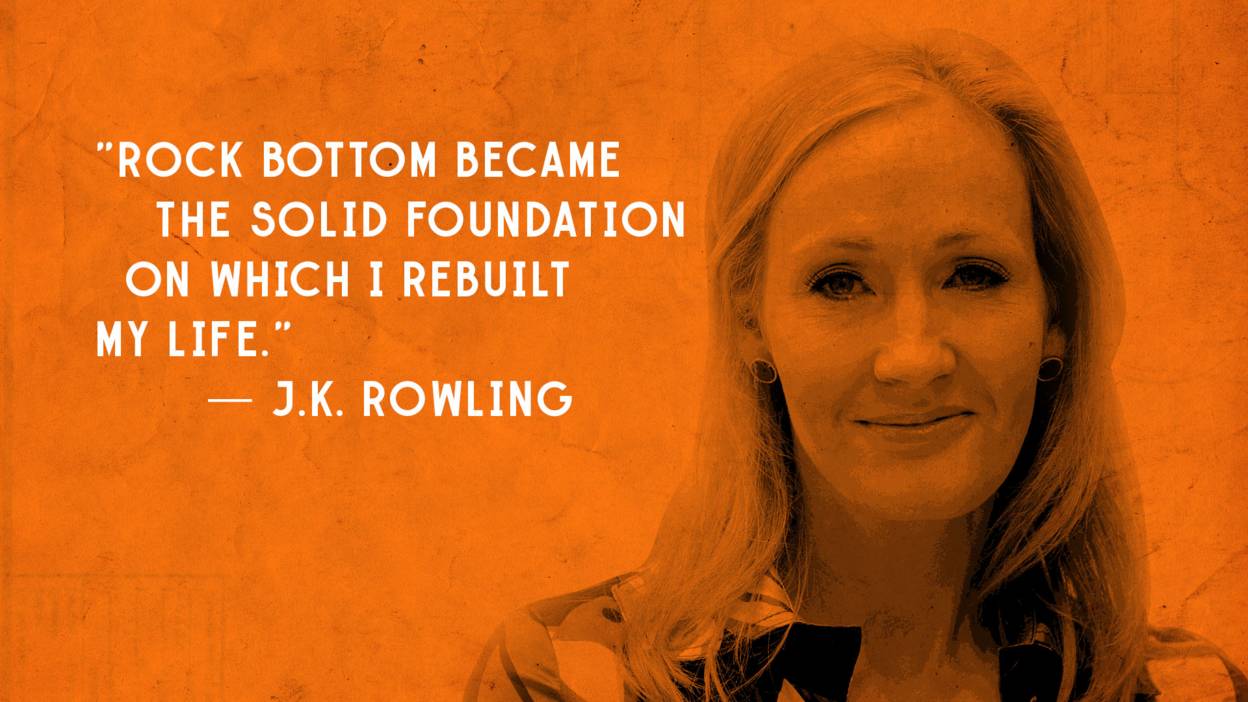 Getty Images/ BBC Three
Getty Images/ BBC Three
Learn from it
Our ability to learn from rejection might once have meant the difference between life and death.
As Guy says, evolutionary psychologists believe the pain of rejection all started when we were hunter-gatherers living in tribes. Getting kicked out from your tribe was basically a death sentence, so we developed a warning mechanism to alert us to the danger signs of being excluded – the feeling of rejection.
Those who experienced rejection as more painful were more likely to change their behaviour, remain in the tribe, and survive to pass along their genes.
The modern day equivalent is being able to take those lessons of rejection - be it personal or professional rejection - and grow from them.
As Richard Branson once said about his business: “Every time something hasn’t worked out as we hoped it would, we have picked ourselves up, looked at what went wrong, and learned from our mistakes.”
Therefore, rejection doesn't have to be a dirty word. It hurts but it happens, and could be exactly the motivational spark you need to launch your bestselling children's book series, or a game-changing line of control pants. Or at the very least, flaunting your achievements in an ex's face.
In the immortal words of Taylor Swift, haters gonna hate. So if they really want to reject you - make sure that's it's their loss, and your gain.
